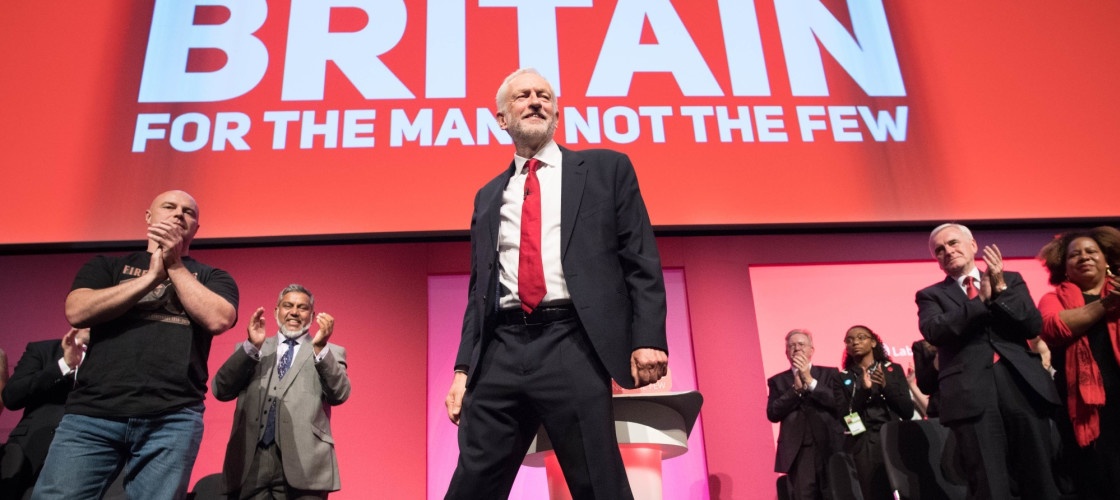Beginning in the wake of the proroguing of parliament, the 2019 Labour Party Conference took place as Britain’s ongoing political crisis over Brexit reached new heights of animosity and unpredictability. But, although the conference was dogged by in-fighting over the party’s Brexit policy and attempts to usurp deputy leader Tom Watson, there were also several important policy announcements.
Perhaps the main talking point at the conference in Brighton was the party’s decision to endorse a policy to effectively abolish private schools by ‘integrating’ them into the state sector. Delegates agreed that the ongoing existence of private schools is “incompatible with Labour’s pledge to promote social justice”.
Much attention was paid to shadow Chancellor of the Exchequer, John McDonnell’s, keynote speech which pledged to introduce a four-day working week if Labour come in to power. This would reduce average full-time hours from around 37.5 to 32 a week.
Labour have also promised to halve the use of food banks in its first year in government, and end the need for food banks within three years. Shadow Environment Secretary Sue Hayman unveiled the policy as part of a new Fair Food Act they plan to pass if the party takes office. A big talking point health-wise was the announcement of plans to scrap prescription charges in England – bringing the country into line with Scotland, Wales and Northern Ireland.
Labour also pledged to commission an independent review into the rise of far-right extremism. The probe will look at areas such as language affecting public discourse, how the far-right is organising internationally to spread its message and how it is being funded and promoted. Recommendations will be made to government and relevant agencies into how to tackle the issue.
Further, Shadow Home Secretary Diane Abbott reiterated the party’s commitment to recruit thousands of extra police officers. Importantly, the conference also approved a radical policy motion which advocates the extension of free movement, the closure of all detention centres and the awarding of equal voting rights to all United Kingdom residents. This latter point would mean that all non-EU and non-Commonwealth citizens are awarded the right to vote in all elections; a particular point of controversy following the 2016 Referendum vote.
With Climate Change and related activism never far from the news, it is unsurprising that policies relating to this were also on the agenda. Labour’s ‘Green New Deal’, which aims to reach net-zero carbon emissions by 2030, appears to be one of their flagship policies. The party has also pledged to nationalise the ‘big six’ energy companies and guarantee free or affordable green public transport.
Crucially, the Labour delegates did reject calls for the party to back Remain in all circumstances if a second referendum were to be called. Instead, Labour backed a compromise motion pledging to negotiate a new Brexit deal to be put to the people in a referendum; refusing to commit to a Leave or Remain stance until nearer the time.
However, the Shadow Brexit Secretary Keir Starmer still insisted it is very likely that members still want the party to campaign to Remain.
Image: PA Images

